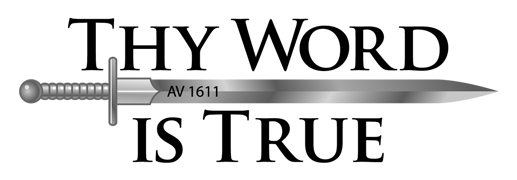Jesus declares, or questions?
Mark 12:24 - And Jesus answering said unto them, Do ye not therefore err, because ye know not the scriptures, neither the power of God?
"Jesus answered and said unto them, Ye do err, not knowing the scriptures, nor the power of God." - Matthew 22:29
vs.
"And Jesus answering said unto them, Do ye not therefore err, because ye know not the scriptures, neither the power of God?" - Mark 12:24
One author records Jesus asking a question, whereas the other records Him making a statement.
Solution
|
Agree (4) Disagree (0) |
|
100% |
I guess the idea here is that there exists a contradiction between Matthew's account and Mark's account of how Jesus responded to the Sadducess' question that day. The idea is that Matthew records Jesus responding with a declarative statement and Mark records Jesus responding with a question.
Well, before getting too deep into this solution, let's not forget that Luke also has a record of this encounter with the Sadduccess. However, when Luke records this event he doesn't mention the declaration OR the question in his account (Luke 20:34-38). In fact, if one will study the three passages together, you will find that Matthew omits the reference to God speaking to Moses in the burning bush(Luke 12:26) and both Matthew and Luke omit the statement about the "children of this world marry, and are given in marriage." You will also notice that Mark omits the phrase "of God" while Matthew and Luke have it. Basically, it is plain to see that Matthew, Mark, and Luke did not conspire together (or borrow from each other) when writing their gospels, but how does one explain the different accounts?
The solution to this "problem" is the plain fact that all three accounts are supplemental. They should be taken together. Since no part of their testimony is in disagreement with each other, there exists no contradiction in the three seemingly different accounts.
"But wait a second," you say, "in one passage Matthew clearly records a declarative statement and in the other passage Luke clearly records an interrogative statement. This is irreconcilable." Really? Are you sure? If Jesus is asking a question in Mark 12:24, nobody understood it to be a question. At least nobody dared to attempt an answer! Not one of the accounts list a Sadducee answering to the statment "Do ye not therefore err, because ye know not the scriptures, neither the power of God?" The statement is clearly rhetorical, and it is perfectly acceptable for a witness to the conversation that day to record the obviously rhetorical question as a declarative statement.
Want proof? For another example of a rhetorical question recorded as a declarative statement take a look at Pilate's statement as recorded in John 18:38, "Pilate saith unto him, "What is truth?" Notice the divine wording of "saith" instead of "asked" here in the passage. Pilate isn't asking Jesus Christ anything even though it is recorded in the form of an interrogative statement. This is clear by how the Holy Spirit set up the statement by preceding it with "Pilate SAITH unto him..." rather than "Pilate ASKED him..."
But that isn't all! You will never guess how Mark preceded his rhetorical question in Mark 12:24! "And Jesus answering...SAID...unto them". And there you have it. This is not a contradiction.
Please look for a similar "problem" based upon the wording of the sign that was placed above Jesus when he was crucified.
